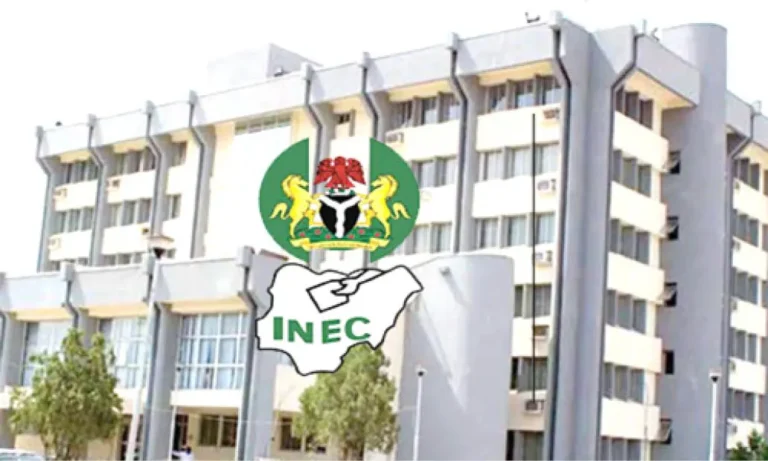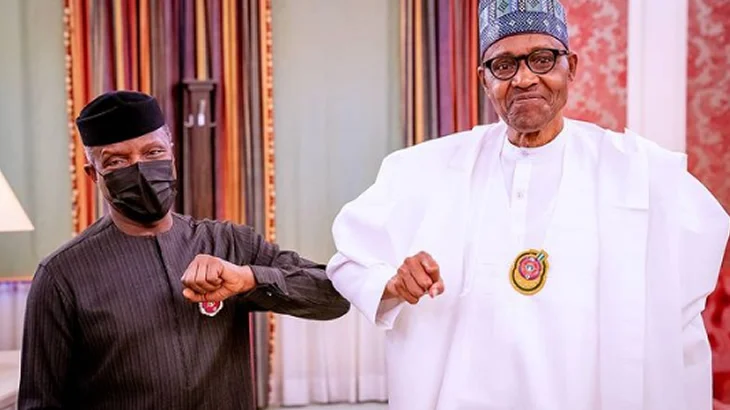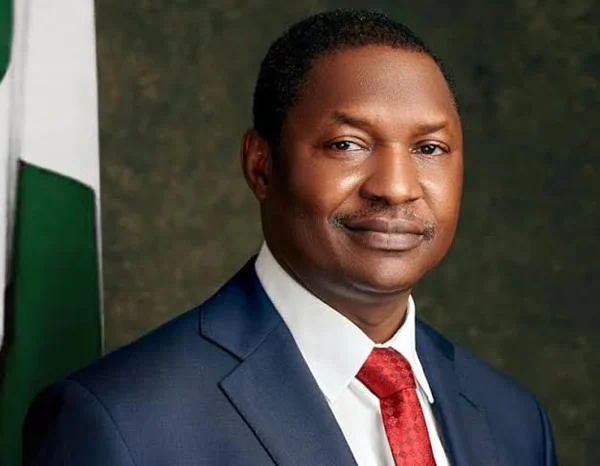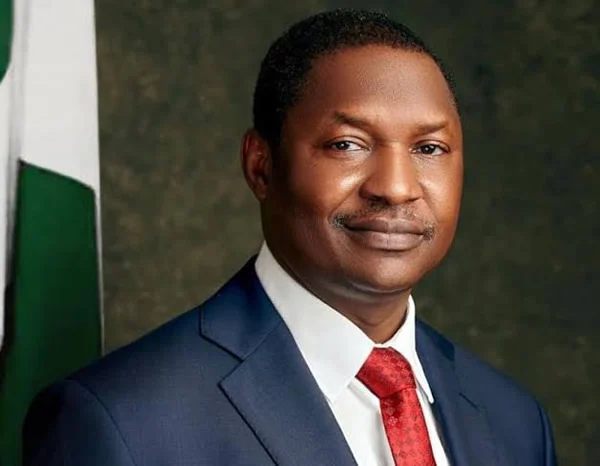
Why Nigerian budgets often fail
“Whatever a man prays for, he prays for a miracle; every prayer reduces itself to this; Great God, grant that twice two be not four.” Ivan Turgenev, 1818-1883
VANGUARD BOOK OF QUOTATIONS, VBQ p 198.
No Federal or, as far as I know, state budget since 1999 has been successfully implemented as written by the President or Governors and approved by the lawmakers at Abuja and the states – for one cardinal reason. Almost invariably, they are at best prayers by the Chief Executive Officers, rubber-stamped by the legislative branch; and nobody monitors execution from start to finish. Occasionally, the CEO returns to request for supplementary budget approval; receives it without anybody among legislators asking questions about projects which were slated for the year. The over 70,000 abandoned projects littering Nigeria, representing monumental waste of public funds are emblematic of the failure of democracy in Nigeria. Neither the Executive nor the legislative branches had served the people well.
Annual budgets often fail because they constitute more of political gamesmanship than economic plans. To begin with, under civilian governments, since 1999, no budget presentation had started with a review of the current year’s performance. Yet, every adult should know that the present situation is a result of choices made in the past; and it will influence the possibilities available tomorrow. Having failed to deliver on most of their promises, the CEOs ignore the results; present a new year’s budget as if the nation or state is starting on a clean slate without a lot of baggage from the past. Nobody needs to be an economist to realise that this is self-deception.
Recurrent failure of budgets since 1999
Insanity has been defined as doing the same thing over again and expecting a different result. After Obasanjo’s first two years in office, no Nigerian President should have got into the trap of treating the annual budget as a political document; instead of a framework for economic development and social advancement. That sense of responsibility would always dictate that the framers of the budget be as truthful as possible in their projections. Furthermore, they should always admit it when they fail and set about finding out the reasons for failure. The lessons learnt would help subsequently to achieve better results. Two examples of wishful thinking pervading budgeting at the federal level will help to illustrate the point.
Every budget, since 2009, had been based on the assumption of 2.3 million barrels per day, mbpd, of crude oil produced and exported. Yet, records easily available to governments since then would prove beyond reasonable doubt that Nigeria has been producing, for export, approximately 1.4mbpd virtually every year. The records for 2022, 2023 and now 2024 have not altered the pattern. Yet, despite the overwhelming evidence, the budget for each year had been based on 2.3mbpd. Consequently, the budget each and every year was based on predictable negative dollar revenue variance – which would later result in three other shortfalls. One, lower than expected dollar supply will impact the exchange rate negatively; the naira will depreciate further. Two, the budgeted aggregate deficit will be exceeded. Aggregate revenue would fall below expectations; unless the currency is devalued and inflation rate increases.
The Nigerian economy has been suffering from all these budgetary miscalculations for 25 years; and we are about to enter a new year without altering our approach to budgeting. Who, for instance, believes that the exchange rate will decline to N1400/$; or that inflation will come down to 15.8 per cent – when at the end of November, we are experiencing N1690/1740/$ exchange rate and inflation now racing towards 33.50 per cent?
Commonsense, which obviously is not common among our political leaders, would indicate that the starting point of a good budget is to ask and answer the following questions: Where were we before? Where do we stand now? How did we get here? Where would the next budget take us as presented? Is this where we should be? If not, what must we do differently to improve on performance in the coming year.
Budgets 2022-2025: Comparative summary
“A picture is worth a thousand words”, we have been told. A table can sometimes be worth more than ten thousand words. That is the reason for leading off with the table. More analysis will follow.
The table below helps Nigerians to quickly understand the trend for four years.
Why Nigerians are getting poorer
BUDGETS 2022 – 2025
Year Budget (N’trn) Exchange Rate Budget ($’bn)
2022 17.13 N420/$ 41.76
2023 21.83 N434/$ 50.11
2024 28.78 N800/$ 35.97
2025 47.90 N1400/$ 34.14
The 2023 Budget was the most dishonest in history. By November 2022, the exchange rate at the parallel market was already close to N700/$.
Nigeria was heading for economic decline when global crude oil prices tumbled from over $120 per barrel during the Yar’Adua/Jonathan administrations. Our stubborn refusal to diversify the economy, insists on adequate power supply, promote agriculture and agro-allied industries, scrap the unproductive four refineries and deregulate the petroleum sector – until too late – have left us with a fragile manufacturing sector. By 2014, crude oil price had fallen to under $80; by the time Buhari took over in 2015, it was less than $60. Furthermore, production had gone from 1.7mbpd to under 1.5mbpd. The cumulative impacts of low crude prices and low output led to the recession of 2016; from which the nation has not recovered. On the contrary, the situation has become worse. President Tinubu might not realise it, but, the proposed budget for 2025 indicates that, even at N1400/$, recovery is not in sight; at N1690/$ the expectation drops to $28.40bn.
VANGUARD.




